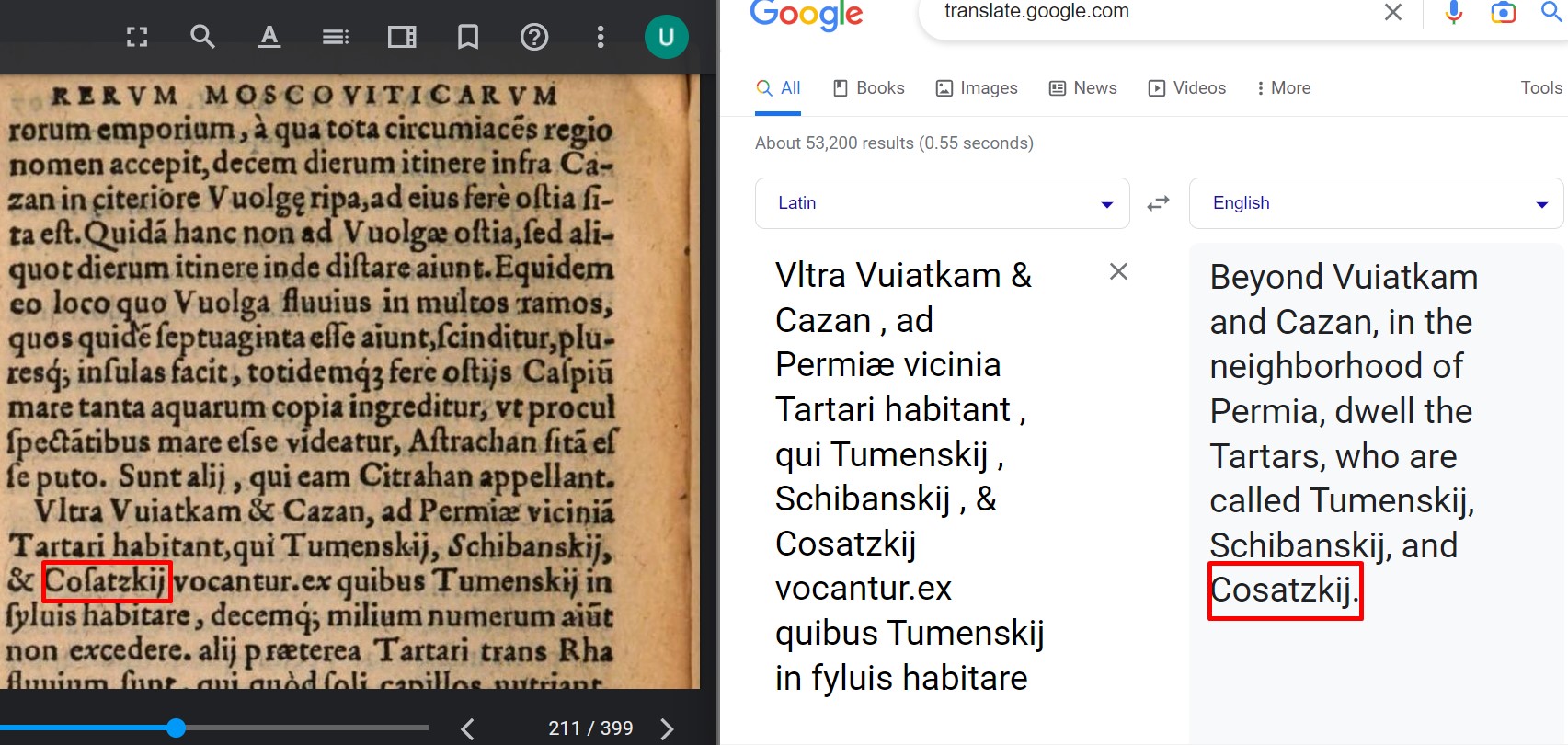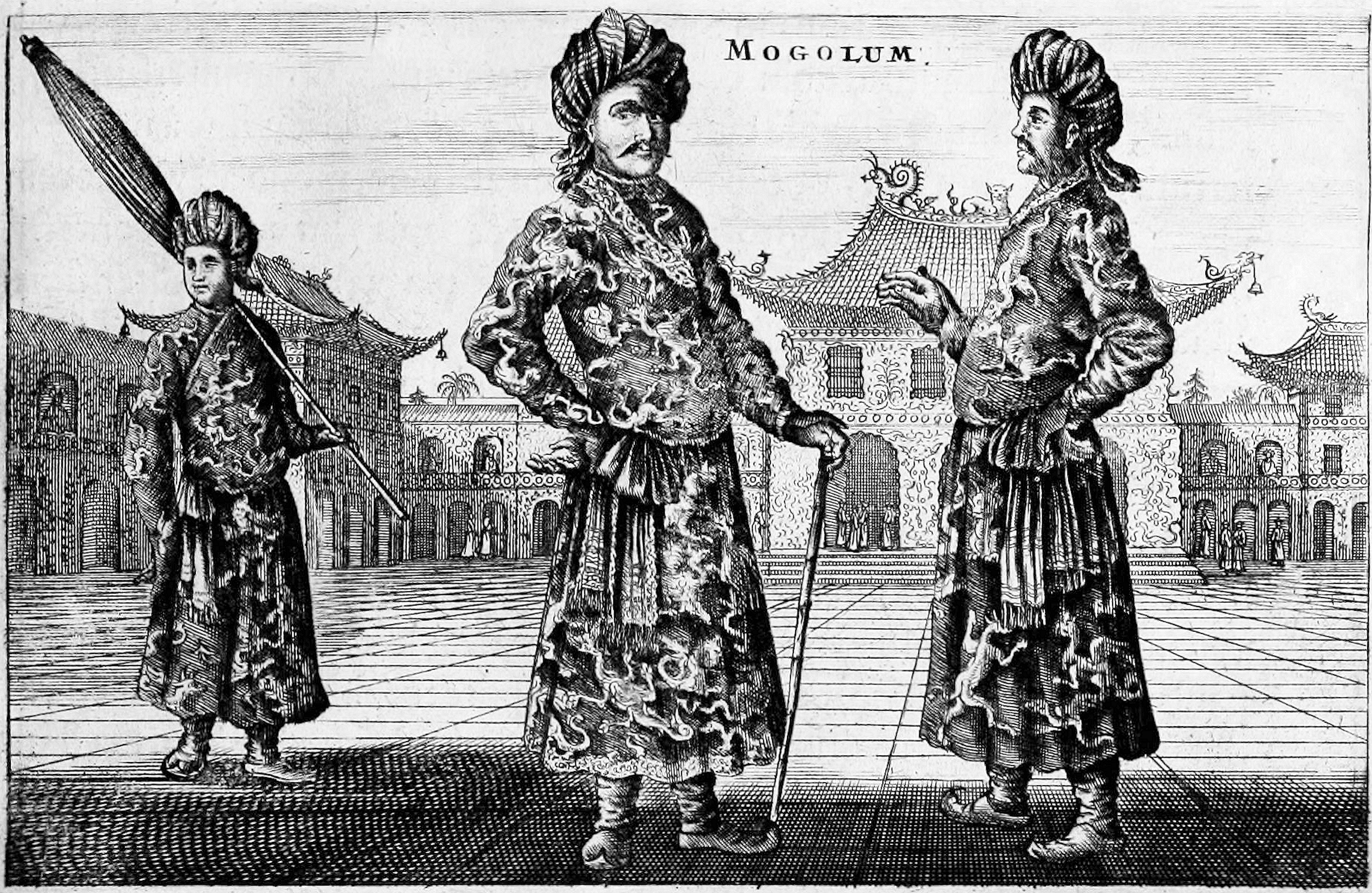|
Benjamin P Yudin
Veniamin Petrovich Yudin (1928–1983) was a Kazakhstan scholar of oriental studies, historian, philologist, expert on Persian and Turkic manuscripts, researcher and teacher. Yudin was born on February 1, 1928 in Stalingrad (modern Volgograd). Yudin started his scientific and pedagogical activity as Uighurologist in 1950 after graduating Moscow Institute of Oriental Studies, where he completed a postgraduate study in Uighur philology under a known Turkologist Prof. V.M. Nasilov. In 1955 Yudin started his work at the Kazakhstan Pedagogical Institute in a newly opened Uighur branch, where he lectured in Uighur language the classes of ancient and classical Uighur literature, folklore and language. In 1960-1976 he lectured in the Kazakhstan State University and worked in the Uighurology Department of the Linguistics Institute of Kazakhstan SSR Academy of Sciences. Alongside the Kazakhstan artifacts, Yudin investigated from historical and philological points the richest manuscript h ... [...More Info...] [...Related Items...] OR: [Wikipedia] [Google] [Baidu] |
Kazakhstan
Kazakhstan, officially the Republic of Kazakhstan, is a transcontinental country located mainly in Central Asia and partly in Eastern Europe. It borders Russia to the north and west, China to the east, Kyrgyzstan to the southeast, Uzbekistan to the south, and Turkmenistan to the southwest, with a coastline along the Caspian Sea. Its capital is Astana, known as Nur-Sultan from 2019 to 2022. Almaty, Kazakhstan's largest city, was the country's capital until 1997. Kazakhstan is the world's largest landlocked country, the largest and northernmost Muslim-majority country by land area, and the ninth-largest country in the world. It has a population of 19 million people, and one of the lowest population densities in the world, at fewer than 6 people per square kilometre (15 people per square mile). The country dominates Central Asia economically and politically, generating 60 percent of the region's GDP, primarily through its oil and gas industry; it also has vast mineral ... [...More Info...] [...Related Items...] OR: [Wikipedia] [Google] [Baidu] |
Xinjiang
Xinjiang, SASM/GNC: ''Xinjang''; zh, c=, p=Xīnjiāng; formerly romanized as Sinkiang (, ), officially the Xinjiang Uygur Autonomous Region (XUAR), is an autonomous region of the People's Republic of China (PRC), located in the northwest of the country at the crossroads of Central Asia and East Asia. Being the largest province-level division of China by area and the 8th-largest country subdivision in the world, Xinjiang spans over and has about 25 million inhabitants. Xinjiang borders the countries of Mongolia, Russia, Kazakhstan, Kyrgyzstan, Tajikistan, Afghanistan, Pakistan and India. The rugged Karakoram, Kunlun and Tian Shan mountain ranges occupy much of Xinjiang's borders, as well as its western and southern regions. The Aksai Chin and Trans-Karakoram Tract regions, both administered by China, are claimed by India. Xinjiang also borders the Tibet Autonomous Region and the provinces of Gansu and Qinghai. The most well-known route of the historic Silk Ro ... [...More Info...] [...Related Items...] OR: [Wikipedia] [Google] [Baidu] |
People From Volgograd
A person ( : people) is a being that has certain capacities or attributes such as reason, morality, consciousness or self-consciousness, and being a part of a culturally established form of social relations such as kinship, ownership of property, or legal responsibility. The defining features of personhood and, consequently, what makes a person count as a person, differ widely among cultures and contexts. In addition to the question of personhood, of what makes a being count as a person to begin with, there are further questions about personal identity and self: both about what makes any particular person that particular person instead of another, and about what makes a person at one time the same person as they were or will be at another time despite any intervening changes. The plural form "people" is often used to refer to an entire nation or ethnic group (as in "a people"), and this was the original meaning of the word; it subsequently acquired its use as a plural form of per ... [...More Info...] [...Related Items...] OR: [Wikipedia] [Google] [Baidu] |
1983 Deaths
The year 1983 saw both the official beginning of the Internet and the first mobile cellular telephone call. Events January * January 1 – The migration of the ARPANET to TCP/IP is officially completed (this is considered to be the beginning of the true Internet). * January 24 – Twenty-five members of the Red Brigades are sentenced to life imprisonment for the 1978 murder of Italian politician Aldo Moro. * January 25 ** High-ranking Nazi war criminal Klaus Barbie is arrested in Bolivia. ** IRAS is launched from Vandenberg AFB, to conduct the world's first all-sky infrared survey from space. February * February 2 – Giovanni Vigliotto goes on trial on charges of polygamy involving 105 women. * February 3 – Prime Minister of Australia Malcolm Fraser is granted a double dissolution of both houses of parliament, for elections on March 5, 1983. As Fraser is being granted the dissolution, Bill Hayden resigns as leader of the Australian Labor Party, and in the subsequ ... [...More Info...] [...Related Items...] OR: [Wikipedia] [Google] [Baidu] |
1928 Births
Nineteen or 19 may refer to: * 19 (number), the natural number following 18 and preceding 20 * one of the years 19 BC, AD 19, 1919, 2019 Films * ''19'' (film), a 2001 Japanese film * ''Nineteen'' (film), a 1987 science fiction film Music * 19 (band), a Japanese pop music duo Albums * ''19'' (Adele album), 2008 * ''19'', a 2003 album by Alsou * ''19'', a 2006 album by Evan Yo * ''19'', a 2018 album by MHD * ''19'', one half of the double album ''63/19'' by Kool A.D. * ''Number Nineteen'', a 1971 album by American jazz pianist Mal Waldron * ''XIX'' (EP), a 2019 EP by 1the9 Songs * "19" (song), a 1985 song by British musician Paul Hardcastle. * "Nineteen", a song by Bad4Good from the 1992 album '' Refugee'' * "Nineteen", a song by Karma to Burn from the 2001 album ''Almost Heathen''. * "Nineteen" (song), a 2007 song by American singer Billy Ray Cyrus. * "Nineteen", a song by Tegan and Sara from the 2007 album '' The Con''. * "XIX" (song), a 2014 song by Slipk ... [...More Info...] [...Related Items...] OR: [Wikipedia] [Google] [Baidu] |
Kazakhstani Philologists
The demographics of Kazakhstan enumerate the demographic features of the population of Kazakhstan, including population growth, population density, ethnicity, education level, health, economic status, religious affiliations, and other aspects of the population. Some use the word Kazakh to refer to the Kazakh ethnic group and language (autochthonous to Kazakhstan as well as parts of Russia, China and Mongolia) and Kazakhstani to refer to Kazakhstan and its citizens regardless of ethnicity, but it is common to use Kazakh in both senses.UK Foreign and Commonwealth Office, ''Kazakhstan'', 2 Feb 2011 . Demographic trends Official estimates put the population of Kazakhstan at 18,137,300 as of ...[...More Info...] [...Related Items...] OR: [Wikipedia] [Google] [Baidu] |
Kyrgyz People
The Kyrgyz people (also spelled Kyrghyz, Kirgiz, and Kirghiz; ) are a Turkic ethnic group native to Central Asia. Kyrgyzstan is the nation state of the Kyrgyz people and significant diaspora can be found in China, Russia, and Uzbekistan. They speak the Kyrgyz language, the official language of Kyrgyzstan. The earliest Kyrgyz people were the descendants of several central Asian tribes, first emerging in western Mongolia around 201 BC. Modern Kyrgyz people are descended from the Yenisei Kyrgyz that lived in the Yenisey river valley in Siberia. The Kyrgyz people were constituents of the Tiele people, the Göktürks, and the Uyghur Khaganate before spreading throughout Central Asia and establishing their own Kyrgyz Khanate in the 15th century. Etymology There are several theories on the origin of ethnonym ''Kyrgyz''. It is often said to be derived from the Turkic word ''kyrk'' ("forty"), with -''iz'' being an old plural suffix, so ''Kyrgyz'' literally means "a collecti ... [...More Info...] [...Related Items...] OR: [Wikipedia] [Google] [Baidu] |
Kazakhs
The Kazakhs (also spelled Qazaqs; Kazakh: , , , , , ; the English name is transliterated from Russian; russian: казахи) are a Turkic-speaking ethnic group native to northern parts of Central Asia, chiefly Kazakhstan, but also parts of northern Uzbekistan and the border regions of Russia, as well as Northwestern China (specifically Ili Kazakh Autonomous Prefecture) and Mongolia ( Bayan-Ölgii Province). The Kazakhs are descendants of the ancient Turkic Kipchak tribes and the medieval Mongolic tribes, and generally classified as Turco-Mongol cultural group. Kazakh identity is of medieval origin and was strongly shaped by the foundation of the Kazakh Khanate between 1456 and 1465, when following disintegration of the Golden Horde, several tribes under the rule of the sultans Janibek and Kerei departed from the Khanate of Abu'l-Khayr Khan in hopes of forming a powerful khanate of their own. ''Kazakh'' is used to refer to ethnic Kazakhs, while the term ''Kazakhstani'' ... [...More Info...] [...Related Items...] OR: [Wikipedia] [Google] [Baidu] |
Moghulistan
Moghulistan (from fa, , ''Moghulestân'', mn, Моголистан), also called the Moghul Khanate or the Eastern Chagatai Khanate (), was a Mongol breakaway khanate of the Chagatai Khanate and a historical geographic area north of the Tengri Tagh mountain range, on the border of Central Asia and East Asia. That area today includes parts of Kazakhstan, Kyrgyzstan, and northwest Xinjiang, China. The khanate nominally ruled over the area from the mid-14th century until the late 17th century. Beginning in the mid-14th century a new khanate, in the form of a nomadic tribal confederacy headed by a member of the family of Chagatai, arose in the region of the Ili River. It is therefore considered to be a continuation of the Chagatai Khanate, but it is also referred to as the Moghul Khanate. In actuality, local control rested with local Mongol Dughlats or Sufi Naqshbandi in their respective oases. Although the rulers enjoyed great wealth from the China trade, it was beset by const ... [...More Info...] [...Related Items...] OR: [Wikipedia] [Google] [Baidu] |
Chagatai Khanate
The Chagatai Khanate, or Chagatai Ulus ( xng, , translit=Čaɣatay-yin Ulus; mn, Цагаадайн улс, translit=Tsagaadain Uls; chg, , translit=Čağatāy Ulusi; fa, , translit=Xânât-e Joghatây) was a Mongol and later Turkicized khanate that comprised the lands ruled by Chagatai Khan, second son of Genghis Khan, and his descendants and successors. At its height in the late 13th century the khanate extended from the Amu Darya south of the Aral Sea to the Altai Mountains in the border of modern-day Mongolia and China, roughly corresponding to the area once ruled by the Qara Khitai (Western Liao dynasty). Initially, the rulers of the Chagatai Khanate recognized the supremacy of the Great Khan,Dai Matsui – A Mongolian Decree from the Chaghataid Khanate Discovered at Dunhuang. Aspects of Research into Central Asian Buddhism, 2008, pp. 159–178 but by the reign of Kublai Khan, Ghiyas-ud-din Baraq no longer obeyed the emperor's orders. During the mid-14th century, the Ch ... [...More Info...] [...Related Items...] OR: [Wikipedia] [Google] [Baidu] |
Linguistics Institute Of Kazakhstan
Linguistics is the scientific study of human language. It is called a scientific study because it entails a comprehensive, systematic, objective, and precise analysis of all aspects of language, particularly its nature and structure. Linguistics is concerned with both the cognitive and social aspects of language. It is considered a scientific field as well as an academic discipline; it has been classified as a social science, natural science, cognitive science,Thagard, PaulCognitive Science, The Stanford Encyclopedia of Philosophy (Fall 2008 Edition), Edward N. Zalta (ed.). or part of the humanities. Traditional areas of linguistic analysis correspond to phenomena found in human linguistic systems, such as syntax (rules governing the structure of sentences); semantics (meaning); morphology (structure of words); phonetics (speech sounds and equivalent gestures in sign languages); phonology (the abstract sound system of a particular language); and pragmatics (how social contex ... [...More Info...] [...Related Items...] OR: [Wikipedia] [Google] [Baidu] |

_1938.jpg)


.jpg)

